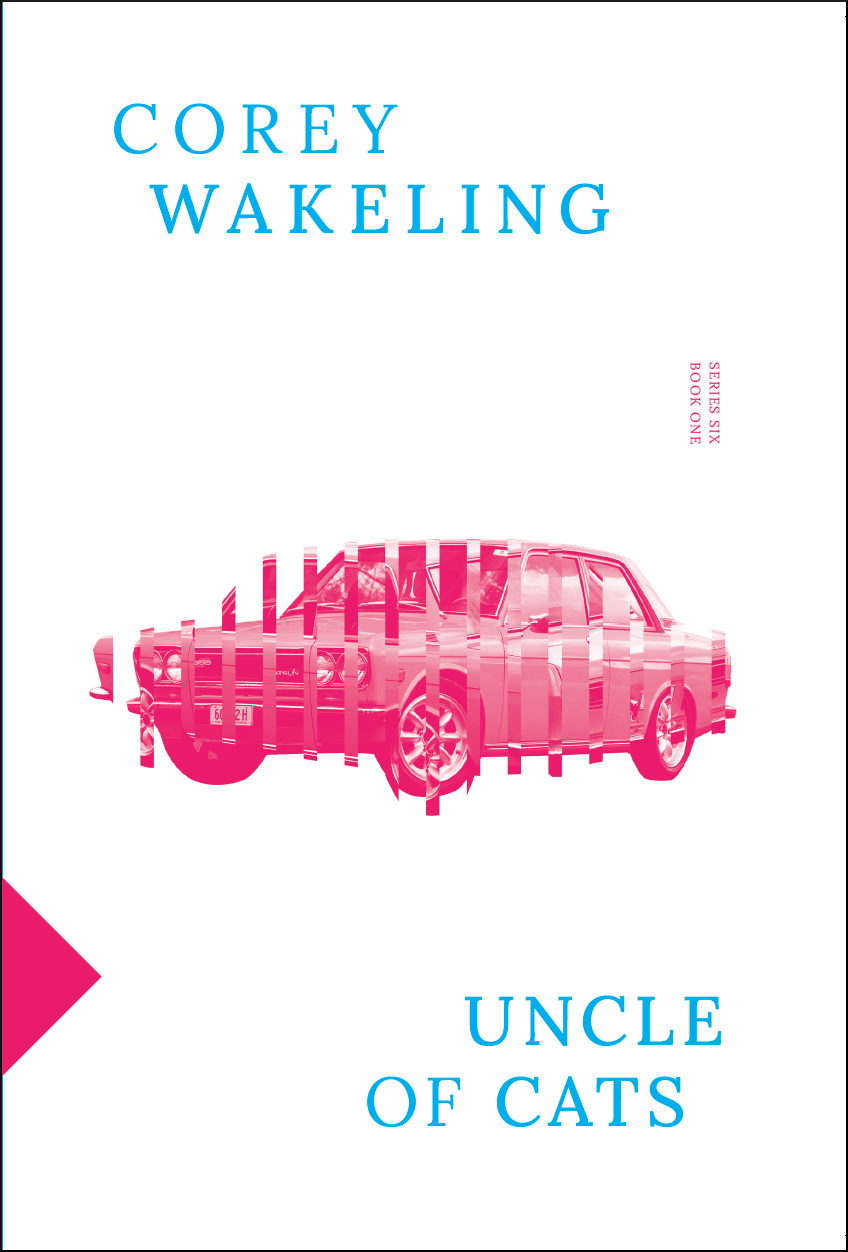 Marriage for Beginners by Catherine Bateson
Marriage for Beginners by Catherine Bateson
John Leonard Press, 2009
Marriage for Beginners is Catherine Bateson's fifth collection of poetry. As the title suggests, marriage, or more precisely the breakdown of the poet's first marriage, is a key component of this work. Bateson has structured the volume in three sections. Although the connections are not so obvious in the beginning, it soon becomes clear that these three individual parts unfold like a three act drama filled with an array of characters and conflict.
The first section begins at the very beginning, so to speak, by discussing sex and seduction, family and childhood memories. The third poem and highlight of the collection, ‘The Horses', is about the poet's mother and her relationship with the family's horses. This is a whimsical and thoughtful poem that provides a rich tapestry of imagery, but Bateson does not spend any more time on such fancies. Instead the early poems act almost as benign harbingers to the big event of the title poem in which a doomed couple march ‘up the happily-ever-after road'. Halfway through Bateson warns:
This is what you must forget:
the honeymoon and everything that happened.This is what you must learn:
a hundred ways to cook potatoes,
to separate the whites from the coloureds
the way his mother does
to live with god behind a newspaper
the way his mother does.
Very early on in the collection the reader realises that these are poems by a poet who wears many hats – that of mother, daughter, wife, lover and potential divorcee. You can almost picture Bateson juggling everything as she heads into the storm that will almost engulf her. As such the reader is invited into a most intimate portrait of children, domesticity, marriage, broken homes and of houses that seem to be living entities that witness the comings and goings of the lives that inhabit them. In essence, the private is made public again and again. Relationships and breakups are shaped by a brutally honest vision in poems such as the ‘Covenant' which itemises the expensive business of divorce. Bateson also provides helpful advice to her children in ‘How to Go Fishing' and ‘For My Daughter in Her Fifteenth Year', and she discusses faith, self-confidence and unhappiness.
The second part of the collection takes a departure from the deeply personal to explore three long narratives, each one about the complexities of relationships. Bateson takes an interesting journey through these imagined characters. ‘Six Degrees in Separation', a poem in six parts, kicks off the trio. This suite was short-listed for the Somerset Festival of Literature Poetry Award and is ultimately about the aftermath of separation and the complications associated when children are involved:
It's the children he misses
their spaces surprising him
bed rhyme spaces, the quick ribbed hug,
the breathy kisses
‘An Answering Music' follows, weaving in and out of a tale of charged emotions made full by religion, history, sexual politics, motherhood, restraint and powerlessness. The final piece in this extended section is ‘Love and the Cloned Girl', which is essentially a refashioning of the Beauty and the Beast fable with the dilemma of grief and modern science thrown into the mix. On the surface these poems do not appear to be related to Bateson's predicament, but it becomes evident that the poet is working through her own concerns while she shapes the lives of her characters.
Part three of Marriage for Beginners is in many ways this drama's fitting climax. Bateson heads the reader straight into the surge of private life as her first marriage fails. Several times the reader senses unhappiness bordering on depression, of the conflicts that go on as much within the heart as outside of it and under the roof of a family home. Through these honest and raw poems, Bateson explains the untidiness of leaving, of children sleeping perhaps in strange beds or beds they are only used during school holidays, of leaving the family home, but still attaining the familiar – that little something to hold on to. This is vividly portrayed in ‘Mending the Day':
Swim, I beg my sleeping children,
and they do, such small craft
bobbing in their dreams towards me.
God lives here.
My heart lurches forward.
In ‘Saying Goodbye' Bateson declares that she has used up all her ‘happy endings', but her poem to her second husband, Keith (‘Love Poem') is testament that there are not only second chances but as many chances that are needed in life. The back cover blurb for this collection suggests that the ‘beginners' of the title ‘is what we remain'. And I would also add that we are only human too. Overall this is a cathartic collection that hones in on what it means to juggle all the many labels or hats we have to wear inside the chaos of contemporary living.














